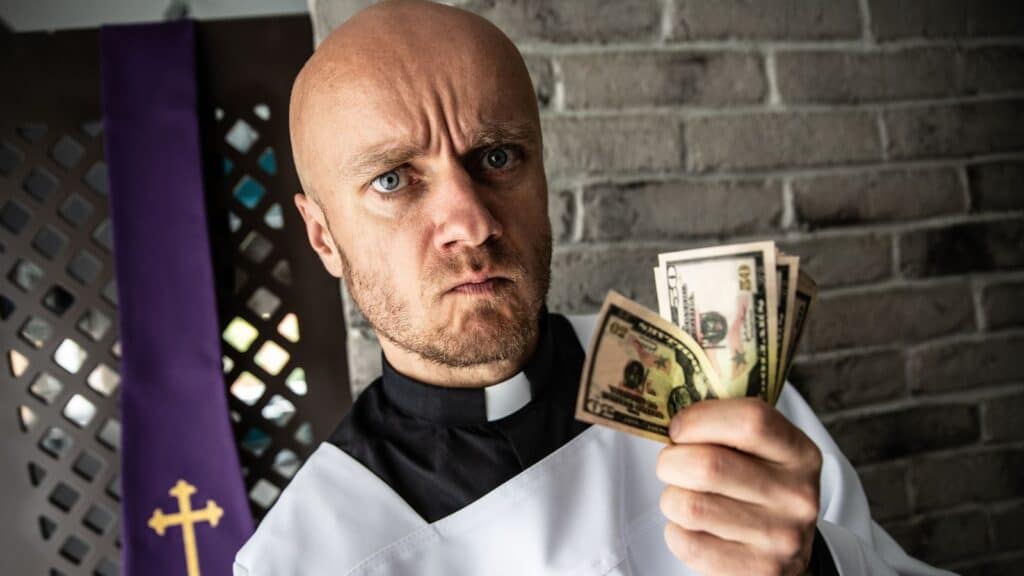There’s no denying that Christianity isn’t as big as it used to be in America. In the past, the pews used to be filled with people devoting themselves to the Lord, but now? You’d be lucky to find just one person in each pew. Today, we’re looking at why Christianity seems to be on the decline, at least in the USA.
Golden Oldies
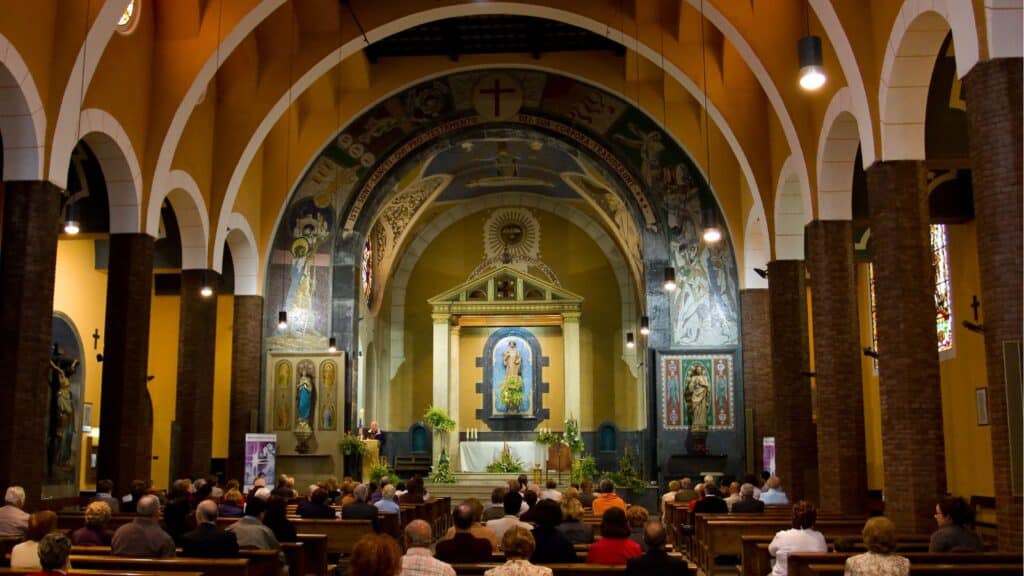
Churches used to be a place for all ages, but now, it’s mostly the senior crowd that keeps the seats warm. As these faithful folk get older, there aren’t enough young people stepping in to take their places. It’s this natural dwindling of numbers that’s one of the major reasons why churches are seeing fewer members.
Rise of the “Nones”
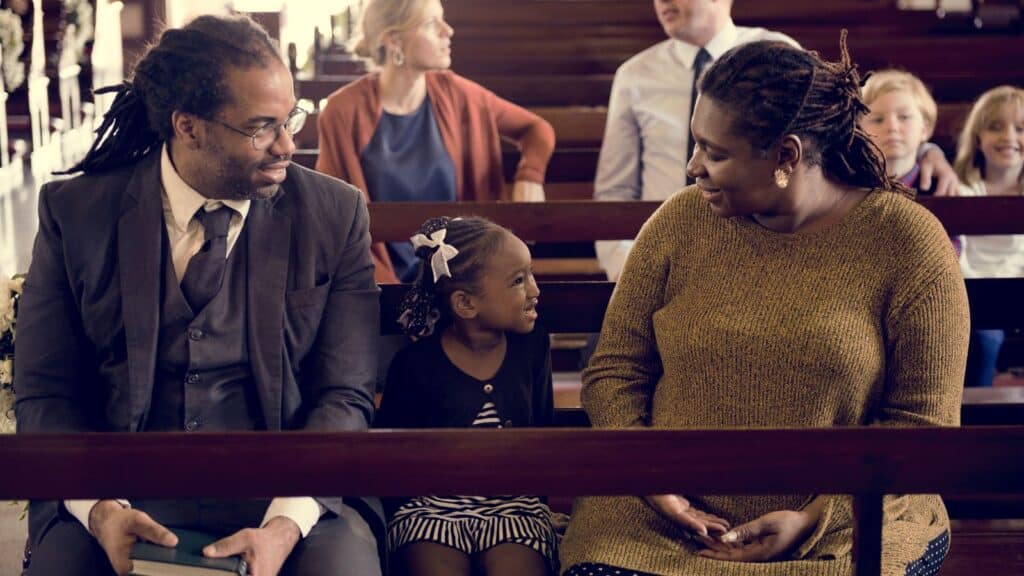
No, “nones” aren’t the kind of women who wear habits. These are the people who answer “none” when they’re asked about their religious affiliation, and this group is growing fast, particularly among young people. They want to keep their options open, and they’re less likely to stick to one faith.
Less Religion, More Secularism

With every minute that goes by, the US is becoming more secular, which means that people are focusing on worldly stuff over spiritual beliefs. It’s this trend that’s pushing some people away from religion, particularly Christianity. Going to church has become less of a priority in our daily lives.
Internet Issues

Thanks to the internet, we’ve got more information at our fingertips than ever before. This means that people are starting to question and explore other beliefs without having to take anyone’s word for it. While this does help some people make more informed choices, it’s also causing some to completely rethink their faith.
Problematic Politics
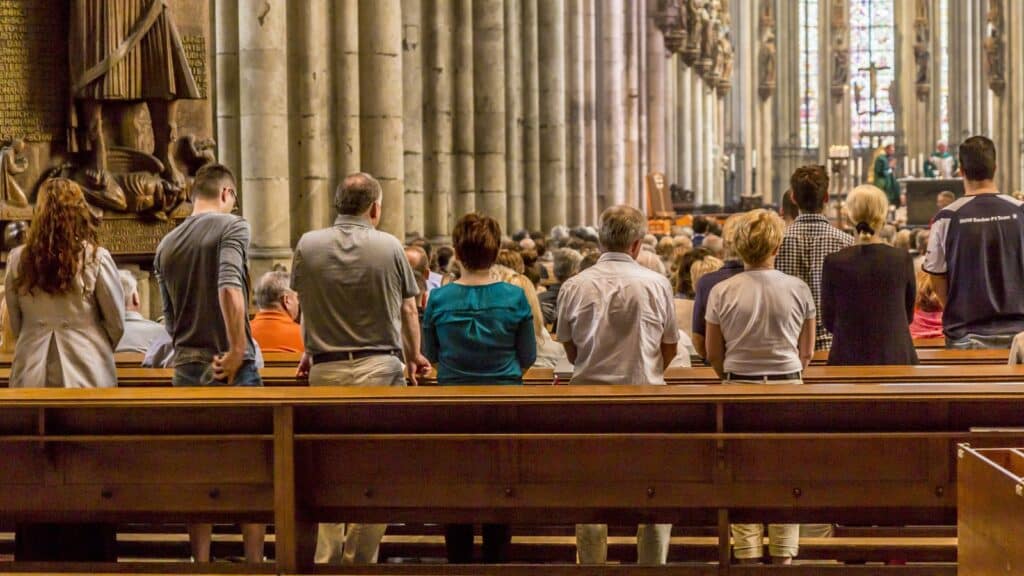
More and more churches are starting to get involved in politics, which, for some people, is a queue to head for the exit. They want their religious spaces to be politics-free, especially when those viewpoints don’t match their own. They don’t want to feel like they’ve got to choose between their political beliefs and their faith.
The Cost of Religion

Running a church isn’t cheap, and when money gets tight, it hits religious organizations hard because they don’t have enough cash to cover activities and outreach. Churches have to scale back on the programs that once drew the community together. This causes a vicious cycle of cutbacks and declining church membership.
A World of Choice

Our melting pot is bubbling with more diversity than ever, especially with so many immigrants bringing their own religious flavors. While this is a good thing, it also means that Christianity becomes just one option among many to choose from. People are finding other faiths that fit their worldview more.
Sunday School Blues

Sunday schools aren’t the magnets for kids that they used to be. Fewer families are sending their kids to learn about the Bible, which means fewer young people are growing up with the church as part of their lives. Without this early connection, many people grow up without strong ties to the church, and they’re less likely to look for it as adults.
Changing Families

Families aren’t simply mom, dad, and the kids anymore. There are so many different family setups out there these days, meaning that traditional church services don’t always fit the bill, and it’s left some people thinking the church isn’t for them. They don’t like the approach that some churches take of sticking to one family model.
Different Values

Similarly, some people think the church’s teachings are outdated, specifically on issues like LGBTQ+ rights and gender. People are rethinking their religious roots because they think the church isn’t supporting modern social values anymore. They’re looking for that sense of community in other places.
No More Community

Once upon a time, churches were at the center of our communities, and they were the only place to connect with those around us. But fast-forward to today, and you can find like-minded people pretty much everywhere, like online groups or hobby clubs. They’ve got new ways to connect that don’t involve hymns or sermons.
Scientific Understanding

As our scientific understanding has improved, those big mysteries and questions about life that faith used to explain aren’t so mysterious anymore. Lots of people prefer facts over faith, and this change is forcing them to question their support for Christianity. They’re unsure about whether there’s a point to support something that doesn’t seem to have all the answers anymore.
Institutional Issues

Many people are worried about big institutions as a whole, including churches, because they think they’re not doing the trick anymore. They think these groups are too rigid or disconnected from what’s happening in the real world, which is pushing people to look for meaning elsewhere. They don’t want to be in large and impersonal religious spaces.
Questioning Authority

Similarly, today’s younger generations aren’t keen on authority, and that includes religious leaders. When trust in these figures declines, so does people’s participation in traditional church activities. People are becoming more skeptical of religious leaders and questioning the structures they represent.
The Power of Pop Culture

If you’re looking for Christian messages in mainstream movies or music, you’re going to have a difficult time. Pop culture can change our views, and when it ignores religious life, it influences how we think about faith. Since religion isn’t represented in the mainstream anymore, lots of people think it’s not important or relevant.
Missionary Misses

Missionary work was all the rage back in the day, but it’s not getting the same enthusiasm today. Fewer people are out there spreading the word and keeping the momentum going for Christianity. This lack of new energy and community engagement means fewer people are interested in supporting Christianity.
Secular Substitutes

Churches used to provide their communities with special services, like soup kitchens or youth groups. While some still do this, many non-religious organizations handle these things now, reducing the church’s role in everyday life. People aren’t relying on the church for support, so they’re not interested in attending anymore.
Legal Limbo

Most churches have their fair share of legal problems, including zoning disputes and tax issues. These challenges can prevent them from operating smoothly and appealing to new members. When they have to deal with legal problems, they have fewer resources for community and spiritual activities, which makes the church even less effective and engaging.
Fading Clergy Clout

The clergy used to have a lot of respect and influence, but that’s not the case anymore. As our society changes, people are looking less to religious figures for guidance and more towards other sources of inspiration. They’d rather put their trust in things that seem more reliable or genuine.
Worshipping Wars
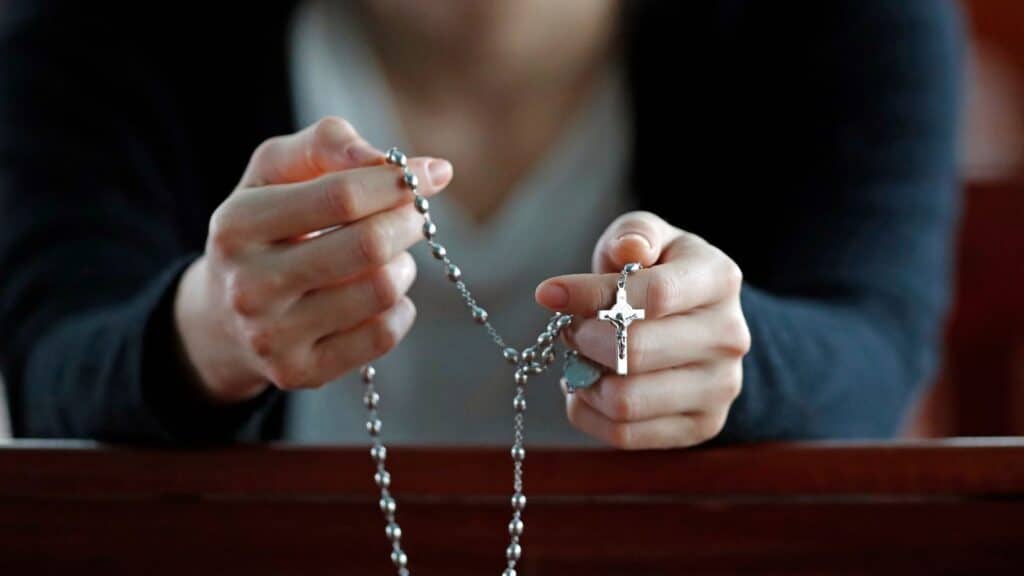
Many congregations are having a bit of a tug-of-war over worshipping styles, as some people think it should be like a huge party, while others think hymns and quiet reflection are better. This divide can turn people off if they feel the church doesn’t represent their preferences. Churches are struggling to find a balance, and they risk alienating people who don’t feel included.
School’s Out

More and more schools are supporting secular or more inclusive curriculums, which means that Christianity’s role in education is also shrinking. Fewer young people learn about religious teachings in a meaningful way. They’re less engaged in the Christian community because they’re not taught about religious literacy or how religion can be a good thing.
Too Many Screens

Nowadays, our phones are practically an extension of our hands, and we’re pretty much glued to our screens 24/7. Finding a couple of hours for church can be difficult when you’re already trying to decide between playing games or going on social media. It’s not that church isn’t interesting, but it can’t compete with the latest viral video or streaming binge.
The Sabbath Situation

The days when Sunday was a universal day off and everyone could go to church are long gone. In fact, one report shows that 29% of employed people work on the weekends. Now, with people working retail, healthcare, and other essential services over the weekend, squeezing in time for church isn’t as easy as it used to be.
Going Solo

There are still many people who feel spiritual nowadays, but they’re skipping the church scene. Instead of traditional services, they’re finding peace in yoga classes or quiet meditation at home. They believe in spirituality as a solo thing that they can customize to their own preferences instead of sticking to the traditional script.
More Casual Beliefs

Likewise, some people are more casual about their beliefs. They don’t want to follow a strict path as they’d rather pick and choose what works for them. Fewer people are following traditional Christianity and, instead, they’re mixing a bunch of different beliefs to fit their personal approach to religion.
19 Grim Realities of Dating After 50 That Are Often Overlooked

19 Grim Realities of Dating After 50 That Are Often Overlooked
26 Things That Will Be Extinct Because Millennials Refuse to Buy Them

26 Things That Will Be Extinct Because Millennials Refuse to Buy Them
24 Outdated Slang Terms You Absolutely Shouldn’t Be Using Anymore

24 Outdated Slang Terms You Absolutely Shouldn’t Be Using Anymore
25 Hardest Parts About Getting Older That No One Ever Talks About

25 Hardest Parts About Getting Older That No One Ever Talks About

